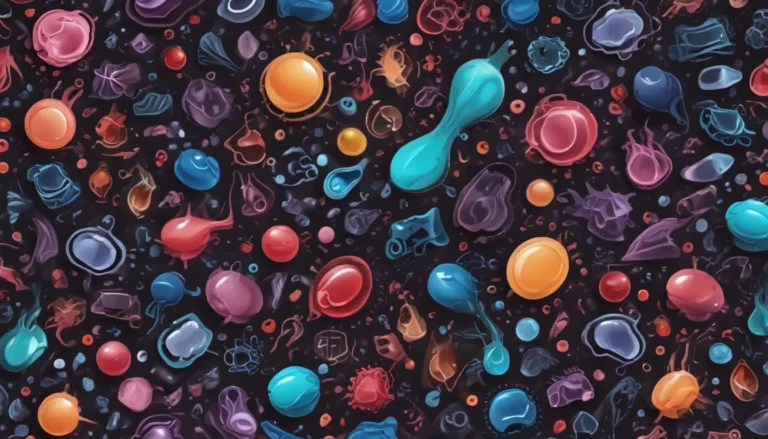A Note About Images: The images used in our articles are for illustration purposes only and may not exactly match the content. They are meant to engage readers, but the text should be relied upon for accurate information.
Titanium is a fascinating element with a wide array of properties that make it one of the most versatile metals in the world. From its discovery in 1791 to its use in aerospace, prosthetics, and even as a fictional supervillain’s armor, titanium has captivated scientists, engineers, and comic book fans alike. In this comprehensive guide, we will delve into the essential facts, intriguing details, and historical milestones of titanium.
The Discovery of Titanium
In 1791, William Gregor, a British clergyman and mineralogist, discovered titanium. Despite his initial classification of the element as “Menachanite,” it was Martin Heinrich Klaproth, a German chemist, who officially named it titanium after the Titans of Greek mythology. The first pure titanium was produced by Matthew Hunter in 1910, marking a significant milestone in the metal’s history.
Essential Titanium Facts
- Titanium has 22 electrons and protons, with an atomic number of 22.
- The atomic weight of titanium is 47.867, and its density is 4.506 grams per cubic centimeter.
- Titanium’s strength-to-weight ratio is exceptional, making it twice as strong as aluminum while also being lighter than steel.
- It has a tensile strength of 63,000 PSI and is known for its corrosion resistance.
- Titanium can be found in minerals like rutile, ilmenite, and sphene, with China being the largest producer of titanium globally.
Interesting Titanium Facts
- Titanium exhibits paramagnetism, a form of magnetism where materials are weakly attracted by an external magnetic field.
- China holds the world’s largest titanium reserves and is the leading producer of the metal.
- Titanium is the 9th most abundant element in the Earth’s crust and the only element that will burn in pure nitrogen gas.
- Titanium is used in various applications, including storing nuclear wastes due to its corrosion resistance.
- It became the metal of choice for prosthetics and is a key component in building strong aircraft and ships.
The Versatility of Titanium
One of the most remarkable properties of titanium is its versatility. It is used in a wide range of industries, from aerospace to jewelry making. The metal’s unique combination of strength, lightness, and corrosion resistance makes it indispensable for many applications.
Grades of Titanium
Contrary to popular belief, titanium comes in different grades, each with its own set of properties. Grade 1 titanium is the softest and most ductile, while grade 4 titanium offers the strongest corrosive resistance.
Cost and Jewelry
Despite its numerous benefits, titanium can be costly, with an average price of $30 per pound. However, its durability and longevity make it a worthwhile investment, especially in the realm of jewelry. Titanium jewelry is known for its strength and resistance to wear, making it an attractive alternative to traditional metals like gold.
Titanium in Pop Culture
Titanium has even made its mark in pop culture, with the creation of the fictional supervillain Titanium Man in the Marvel universe. This character, with his green armor reminiscent of Iron Man, has become a fan favorite in comics, video games, and other media.
Conclusion
In conclusion, titanium is a remarkable element with a rich history and a myriad of practical applications. From its discovery by William Gregor to its use in cutting-edge technology, titanium continues to play a vital role in shaping our world. As we look to the future, the possibilities for titanium seem limitless, promising exciting innovations and discoveries yet to come.






